"This entitlement you now have to dignity and visibility as a gay person -- do you even know where that came from?" demands a 50-something white gay man of Ben, a millennial gay man of color who's challenged the older men at a dinner party for tossing around a transgender epithet in a scene from Netflix's Tales of the City.
"Do you know who built that world? Do you know the cost of that progress?" The character -- played by Stephen Spinella, a Tony winner for Angels in America, in a bit of pointed casting -- continues to spout at Ben.
[Click here to listen to Lauren Morelli on The Ten podcast.]
It's a pivotal scene that pierces the heart of generational divides among LGBTQ people. But its emotional power lies in the show's ability to tell nuanced stories about the intersections of queer identities while remaining true to the ultimately joyful universe writer Armistead Maupin created in the '70s.
Taking Maupin's beloved story about the denizens of Barbary Lane that was originally serialized in the San Francisco Chronicle in 1978 to an entirely new generation of LGBTQ people was going to be no small feat. But Lauren Morelli, a queer woman who cut her teeth writing for Orange Is the New Black, was tapped to shepherd the series to new audiences. She met the challenge with the help of some who've been with the series for years. With Maupin's blessing and through collaboration with Tales' original producer and director, Alan Poul (Six Feet Under, Newsroom), the new Netflix series pulls off generational appeal.
"Armistead was 100 percent on board with this [representing a breadth of queer identities] because when he started the books in the '70s, it's a very white world. And it's a world in which you are either gay or you are not gay, or you were a closet queen. Those were like your three options," Poul tells The Advocate. "That compartmentalization has become irrelevant largely because of the gains that have been made, but it means that people in their 20s today or in their teens are dealing with an entirely different set of problems, which are all their own. It was very exciting to be able to explore that."
Tales introduces new characters whose stories include timely discussions of gender identity, shifting sexual identity, and polyamory. But the dinner party scene in the fourth episode where Ben (Charlie Barnett) faces off with his boyfriend Michael's (Murray Bartlett) generation of well-to-do white gay men who throw around the t word and the f word with abandon is particularly raw.
"I don't think that we use that word, tra**y. It's offensive. And using it to insult each other, that's really offensive," Ben says before calling them out for their privilege and entitlement, which the men react to with outright gall.
"Any so-called privilege that we happen to enjoy at this moment was won. By that, I mean clawed, tooth and nail, from a society that didn't give two shits if we lived or died. And indeed, did not care when all our friends started to die," Spinella's character retorts. "When I was 28, I wasn't going to fucking dinner parties. I was going to funerals -- three or four a week. All of us were."

Lauren Morelli
"You have the Michael Tolliver generation on full display. And then you have poor Charlie, who plays Ben, really using only the force of his righteousness to hold his own against them," Poul tells The Advocate. "In the end, our sympathies are with Charlie, but the impassioned speech that Stephen Spinella gives is something that is very much a cry from the heart."
It's an uncomfortable and necessary scene in a series that both Morelli and Poul say they hope feels like home with characters who've become family to viewers even as newcomers are introduced into a world inhabited by Michael "Mouse," Mary Ann (Laura Linney), Anna Madrigal (Olympia Dukakis), and Brian (Paul Gross).
"To be able to explore the gulf between the Michael Tolliver generation and the young generation and look at the cross-generational dialogue -- that isn't really happening enough," Poul says. "The AIDS epidemic was a huge divide in gay history and there are people on one side of it and people on the other side of it, and they really don't communicate with each other enough. That's what that scene is about."

Laura Linney as Mary Ann and Olympia Dukakis as Anna Madrigal
Morelli, who jokes that she had a measure of "gay shame" over never having read Maupin's books or seen the original series when she was called in to consult on the project to help advise on shaping Shawna's (Ellen Page) voice, is proud of giving voice to narratives she hasn't previously seen explored.
She points to the journey of new characters Margot (May Hong) and Jake (Garcia) as an unexplored story.
"Jake is a trans guy who has recently transitioned and is negotiating his new gender identity and is also starting to negotiate an emerging sexuality that is a surprise to him. Margot, who identifies as a lesbian, is grieving her loss of a visible queer identity, and they're negotiating those things together," Morelli explains.
"That is a story that I saw happening in my own friend group several times over. Yet, I hadn't really seen that story tackled," she adds.
It's a delicate balance to honor the identities involved in a narrative like Jake and Margot's, but Morelli attributes its authenticity to those in the Tales writers' room.
"The writers' room was very diverse and that was for good reason. Often when we tell queer stories, part of why we feel disappointment as an audience is you're so hungry to see your story represented," Morelli says.

Dukakis and Alan Poul
"We can never dream to represent all of our stories because we're a remarkably diverse community. My queer identity looks and feels very different from somebody else's," she adds. "[We're] just writing from a place of How do we tell these stories in a way that feels authentic to us? And how do we create this world that feels like a safe haven and feels like an escape?"
But Morelli, Poul, and the writers have a decades-old road map of how to celebrate queer lives while leaning into the difficult subject matter the show deftly handles.
"This is the world that Armistead built and handed to me," Morelli says. "There's so much joy and warmth. Often we are fed stories of queer people who are suffering because of their identities rather than being able to celebrate their identities."
Poul, who's collaborated with Maupin since the early '90s, credits him with creating a revolutionary environment steeped in love.
"Tales has always been a story about family, and about broader and more alternative definitions of family," Poul says of the show, which isn't "suffused with irony, or meta, or snarky."
"There's no question that we love all our characters and invite you to love them," he adds.
"The show is very up-to-date in terms of the depictions of characters and inclusivity, but there's a certain old-fashioned craft to how openhearted we are. That's where the show is most radical."
[Click here to listen to Lauren Morelli on The Ten, a weekly news podcast hosted by EIC Zach Stafford.]


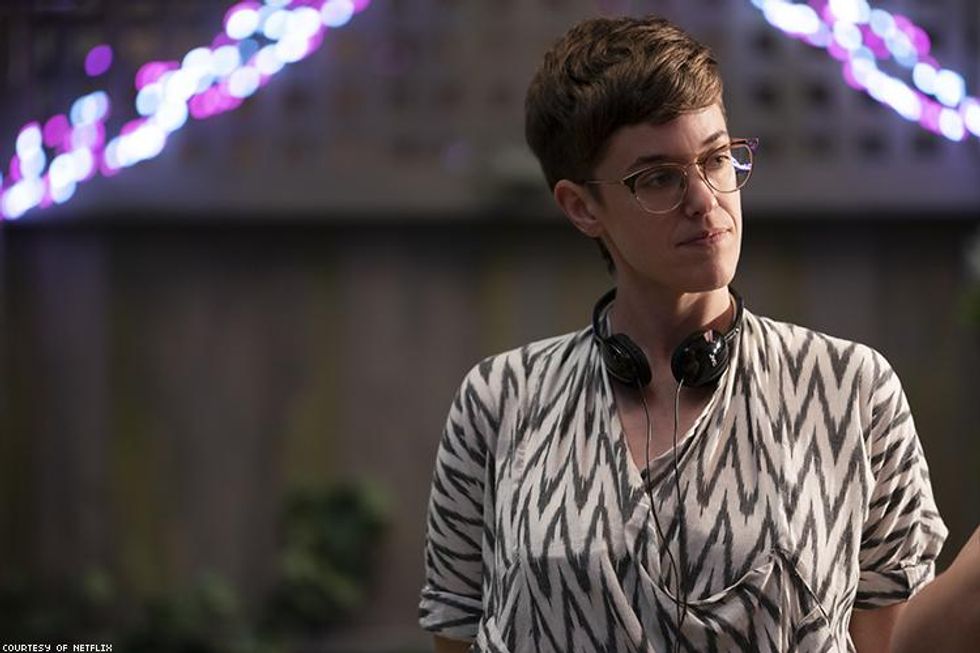
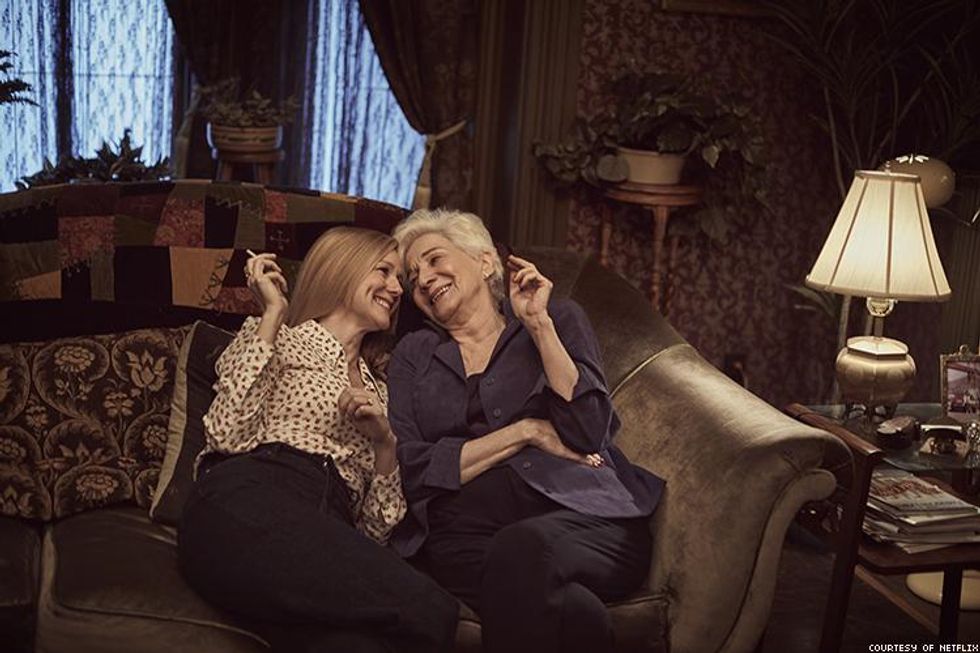
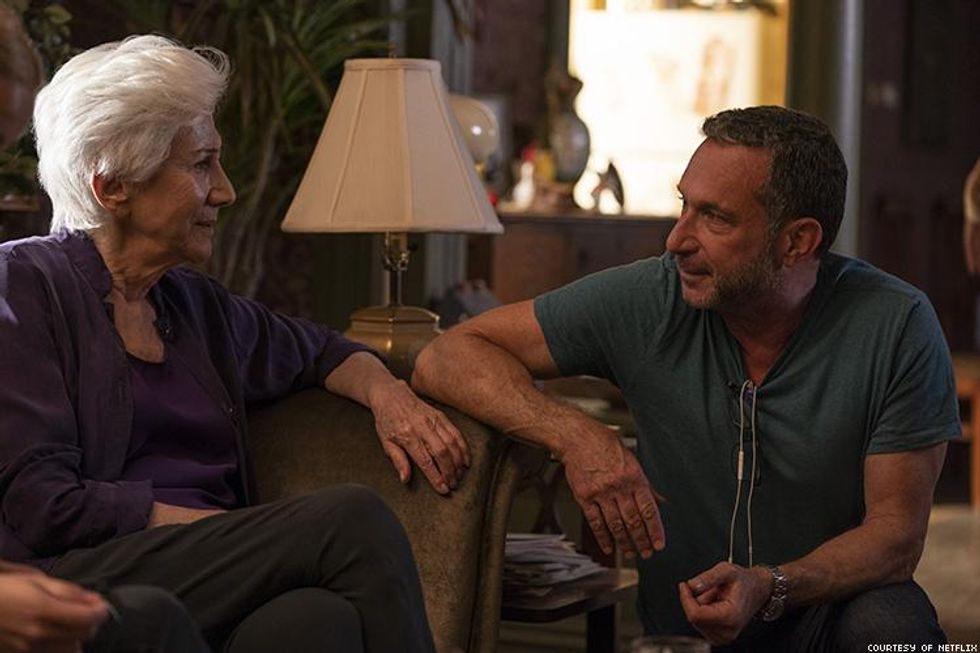





















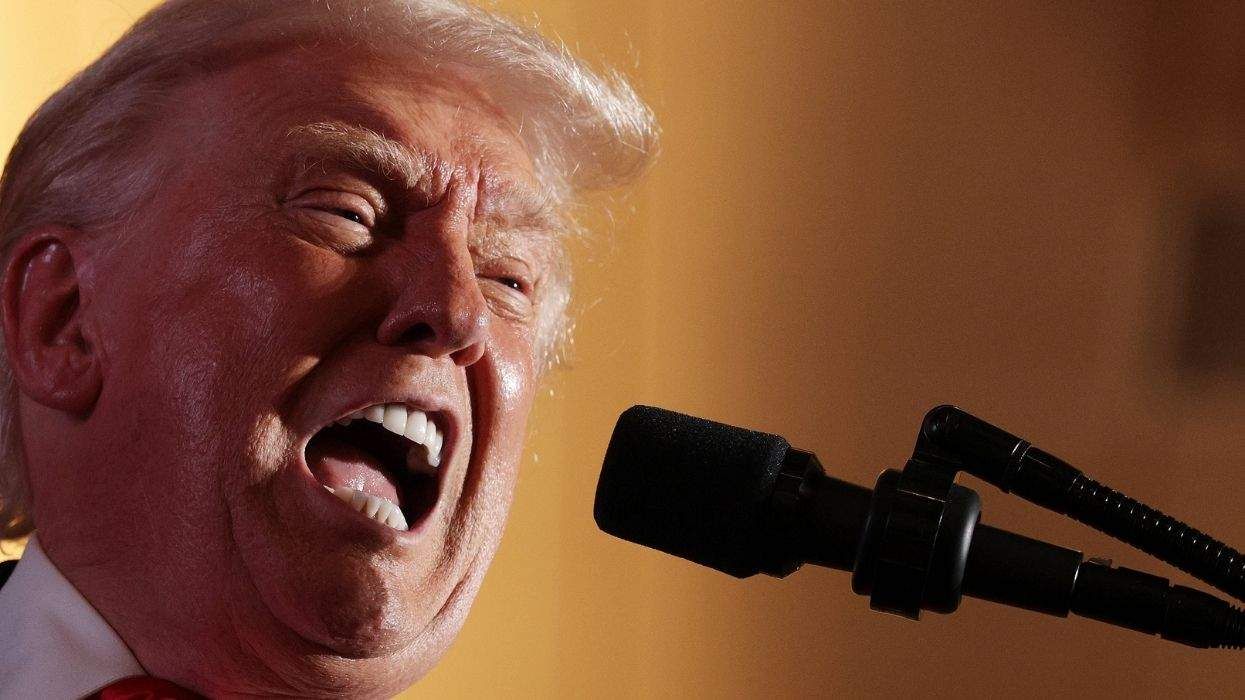
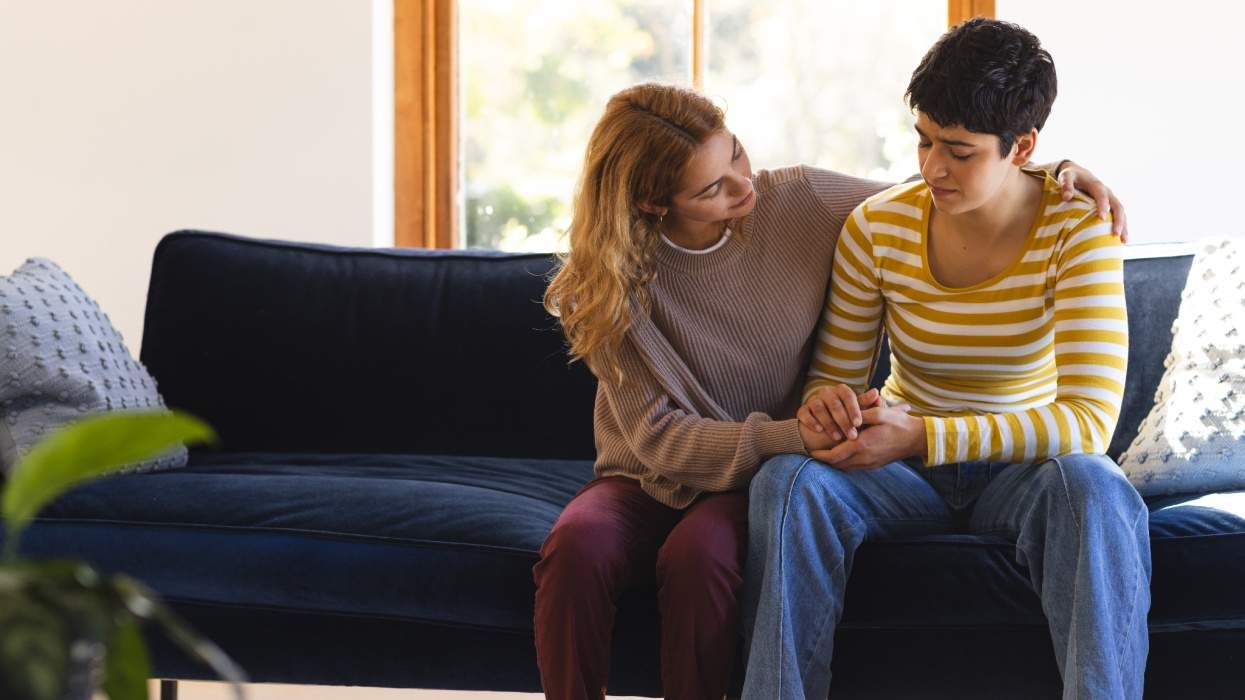
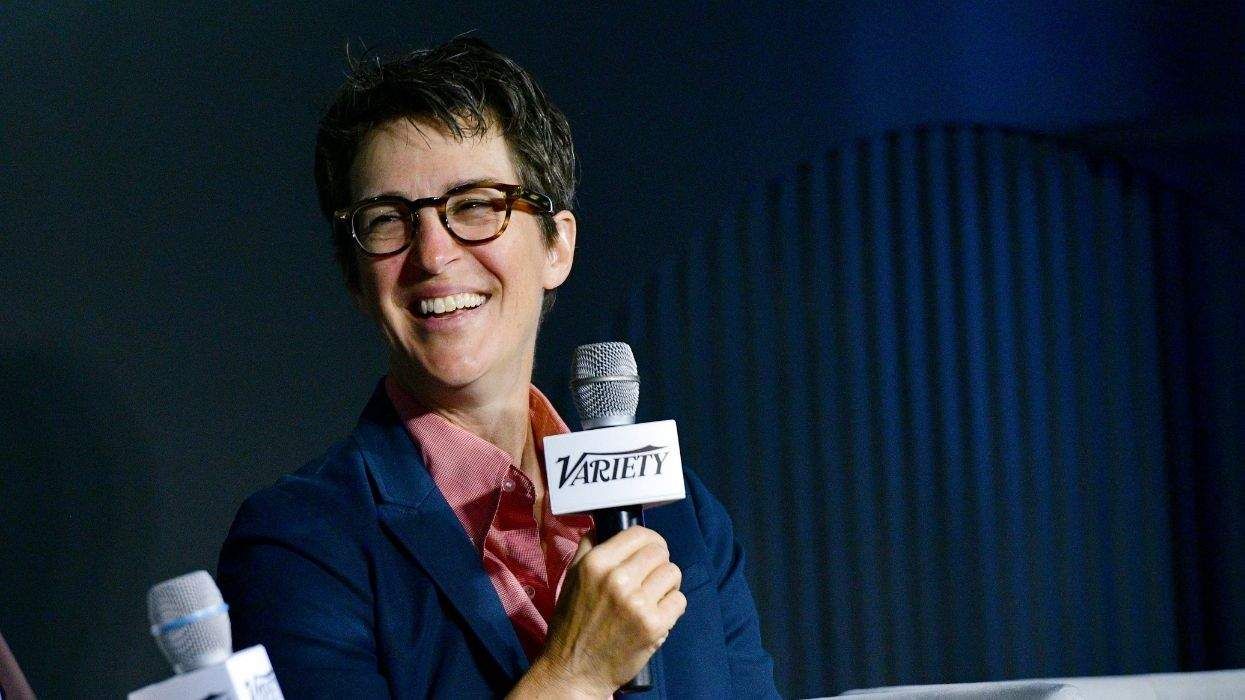
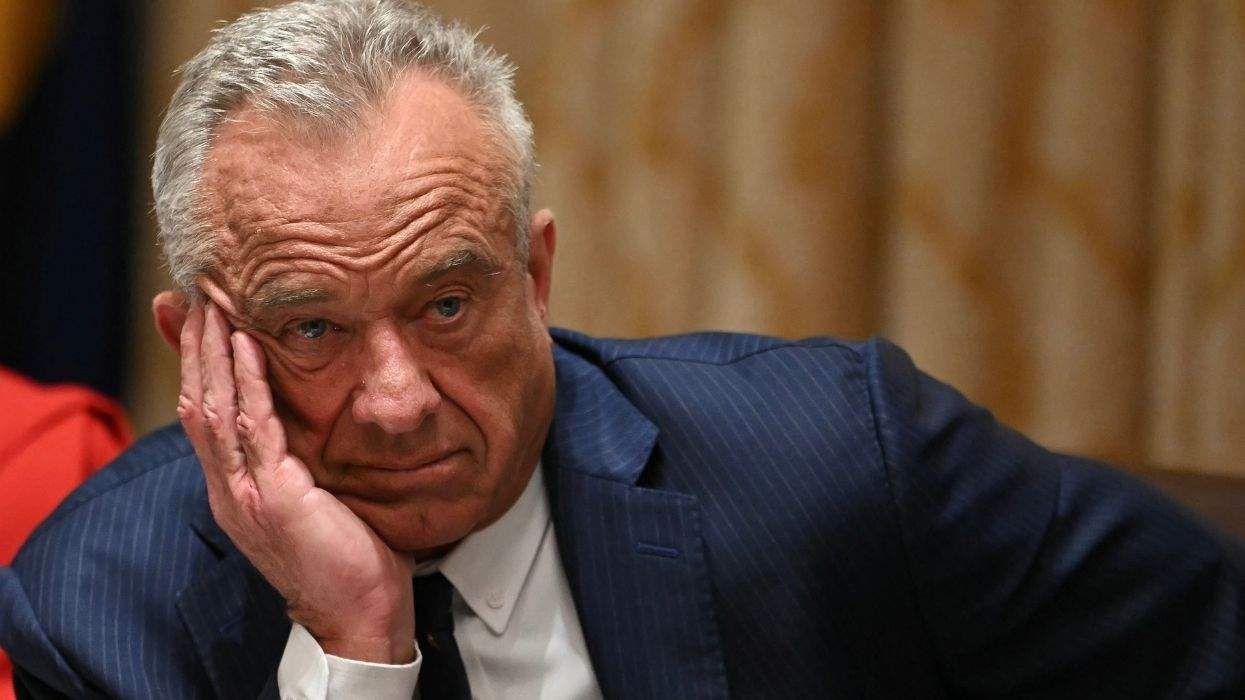

























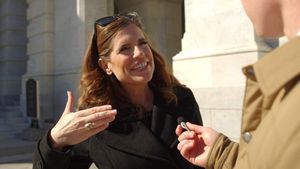



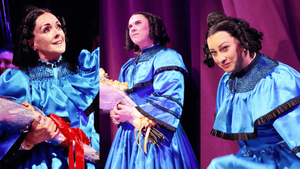


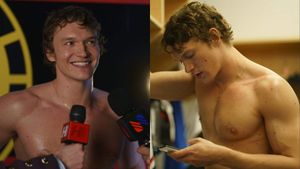


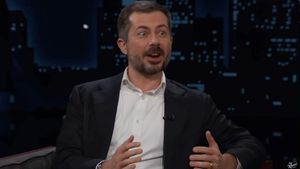






Charlie Kirk DID say stoning gay people was the 'perfect law' — and these other heinous quotes